 |
 |
 |
|---|
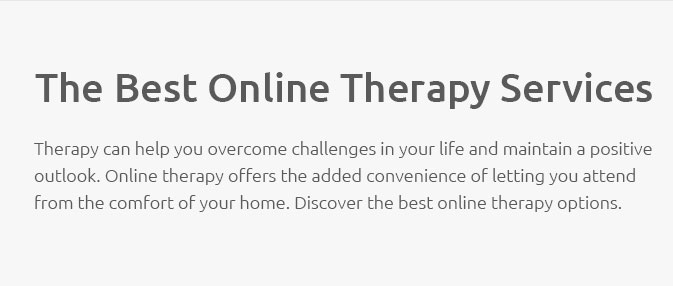 |
 |
|---|
 |
|
|---|---|
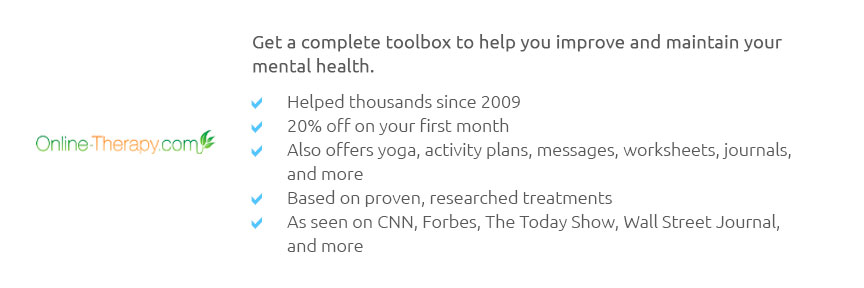 |
 |
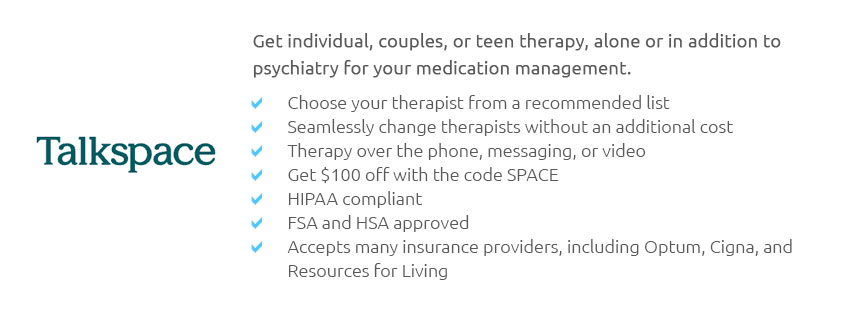 |
 |
 |
 |
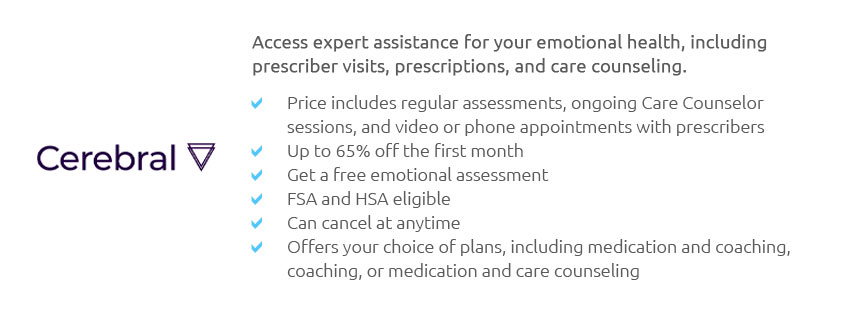 |
 |
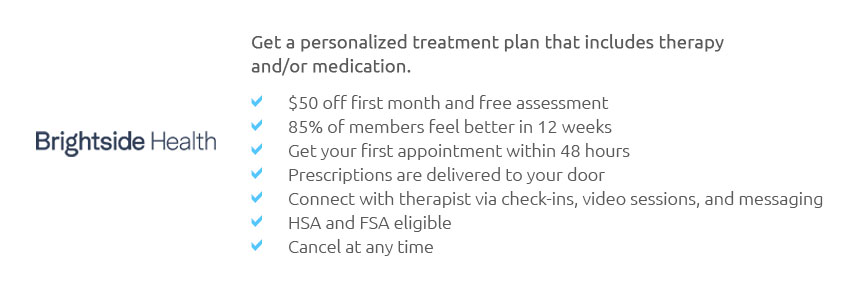 |
 |
 |
 |
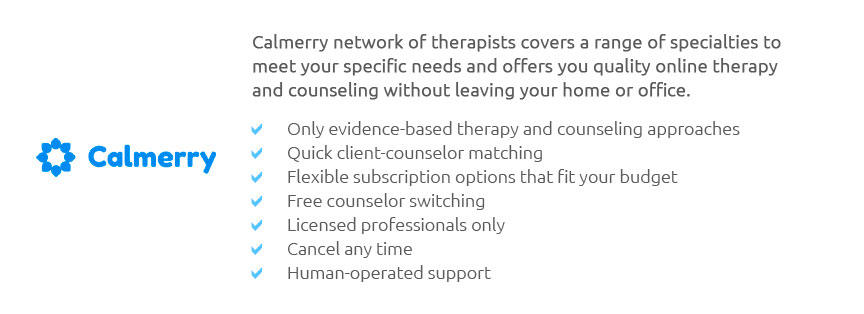 |
 |
 |
 |
|---|
How to Talk with a Therapist Effectively and ComfortablyUnderstanding the Importance of CommunicationEffective communication with your therapist is crucial for a productive therapeutic journey. The ability to express your thoughts and feelings openly can significantly impact your progress. Be Honest and OpenHonesty is key. Share your true feelings and thoughts, even if they seem trivial or embarrassing. Therapists are trained to handle all kinds of emotions and scenarios. Prepare for Your Sessions
Building a Rapport with Your TherapistEstablishing a good rapport with your therapist can enhance the therapeutic process. Feeling comfortable and understood can make a big difference. Ask QuestionsDon't hesitate to ask your therapist about their approach or how therapy works. This can help you feel more at ease and informed. Set Goals TogetherWork with your therapist to set realistic goals. This collaborative approach can help you stay motivated and focused. Overcoming Common ConcernsMany people have concerns about therapy, such as confidentiality or the fear of judgment. It's important to address these concerns early on. Confidentiality and TrustTherapists are bound by strict confidentiality laws. This means that what you share in therapy stays private. Fear of JudgmentTherapists provide a non-judgmental space. Their role is to support and help you, not to judge. If you're considering therapy, you might explore various online therapy applications to find a suitable option that fits your lifestyle. Making the Most of Your SessionsMaximizing the benefits of therapy involves active participation and reflection outside of sessions. Reflect on Your Sessions
Implement What You LearnApply the strategies and insights you gain in therapy to your daily life. This active application can lead to meaningful change. For those looking for local options, exploring resources such as therapists dartmouth ma can provide valuable information on available services. FAQWhat if I don't feel comfortable with my therapist?It's important to feel comfortable with your therapist. If you don't, consider discussing your feelings with them or seeking a different therapist. A good therapeutic relationship is vital for effective therapy. How can I find the right therapist for me?Start by considering what you hope to achieve in therapy. Research different therapists' approaches and specialties. Don't hesitate to ask for a preliminary meeting to see if they are a good fit for you. Is it normal to feel nervous about starting therapy?Yes, it's completely normal to feel nervous. Therapy involves discussing personal matters, which can be intimidating at first. Over time, as you build trust with your therapist, these feelings typically lessen. https://www.talkspace.com/blog/how-to-talk-to-a-therapist/
get tips on how to talk more openly and effectively in your sessions from knowing what to talk to your therapist about to learning to embrace ... https://www.healthline.com/health/what-to-talk-about-in-therapy
You can talk with a therapist about how you feel and what you think. They will want to know what challenges you're facing and what goals you have for therapy so ... https://www.suu.edu/blog/2023/03/talking-to-therapist.html
Take small steps as you open up to your therapist. It can take a few sessions to get to know each other's personalities, boundaries, and triggers.
|
|---|